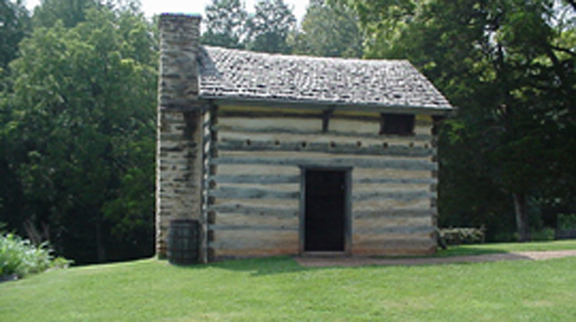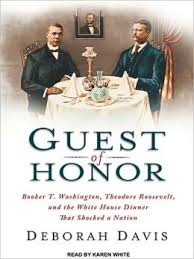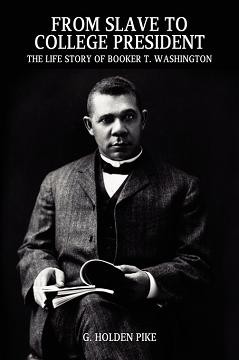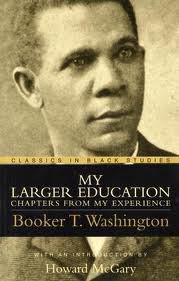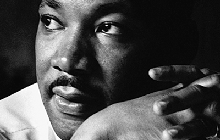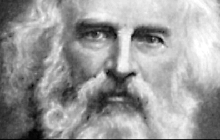Born a slave in a one-room, dirt floor cabin on a small Virginia tobacco farm, he had just one name: ”Booker.” He lived in this cabin for nine years with his mother, Jane, and half-brother, John. Yet he became a leader of his race, counselor to three U.S. Presidents (McKinley, Roosevelt and Taft), statesman, activist, orator, world-renowned educator, thinker, and much more. Booker T. recalled with gratitude, “In all my efforts to learn to read, my mother shared fully my ambition and sympathized with me and aided me in every way she could.”
When freedom came, his family moved to West Virginia. Booker wanted to go to school, but his strict stepfather insisted he work in salt and coal mines to help support the family. So Booker found a way. He got up at 4 a.m., worked until 9 a.m., then went to school until 3 p.m., and went back to work at the mine until 9 p.m. It was a 12-hour workday, plus his time at school! He liked to say, “A whining crying race may be pitied but seldom respected.”
One day, he heard miners talking about a school in Virginia for Negroes, run by a Civil War General named Armstrong. From that moment on, Booker worked to save money to go. Years later, with his mother’s blessing, he left family and friends and boarded a stagecoach, with only enough money to ride halfway there. He walked the rest of the way (over 200 miles) to Hampton Institute. He would later write of the experience, “Few things can help an individual more than to place responsibility on him, and to let him know that you trust him.”



